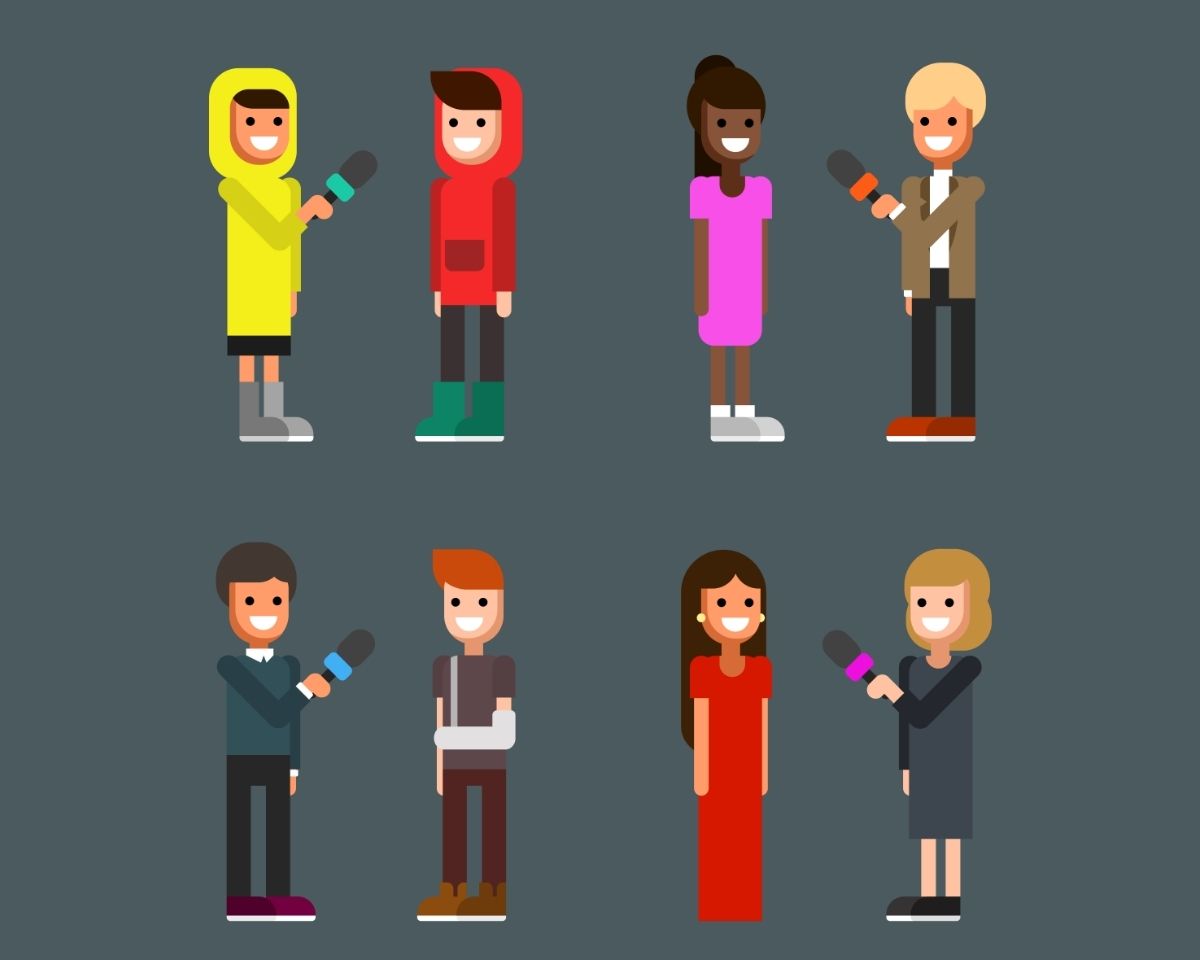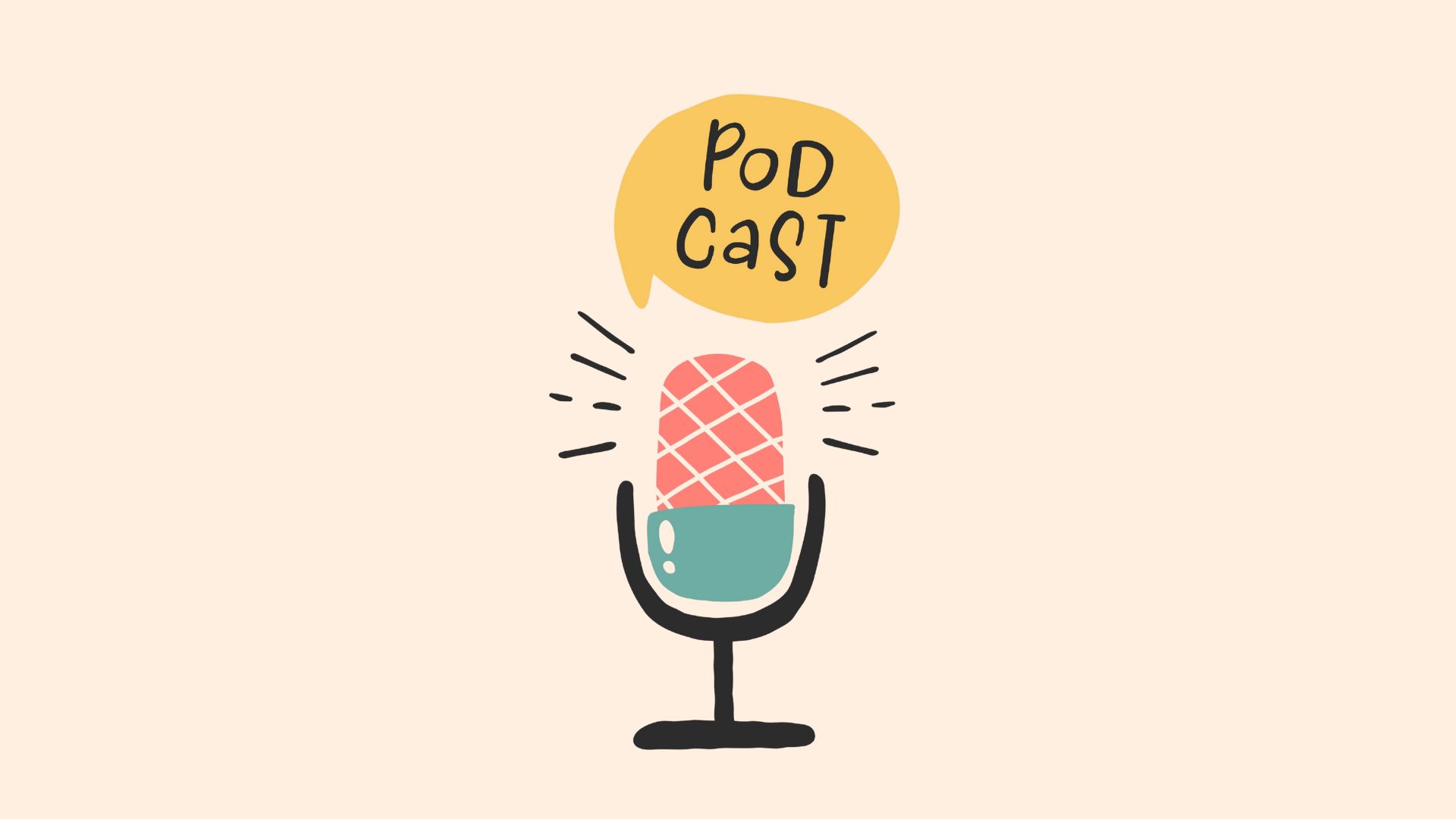You have to give people a reason to care
Unless you’ve got an existing profile it’s very hard to grow an audience with a podcast that’s general.
That’s because when people are searching for shows they’re usually drawn to concepts they’re interested in or people they know.
So, if they do happen to stumble across your show you want them to know exactly what it is in a couple of seconds or they’ll probably walk right on by.
A clearly defined podcast concept is more compelling than a general one
If your idea is “conversations with interesting people” that’s not going to be enough of a hook to make someone stop scrolling in their podcast app.
However, if your show is “conversations with cult leaders” or “conversations with billionaires,” that gives your potential audience a clear idea of what they’re going to get when they click play, follow or subscribe.
It also gives them a reason to try the show regardless of who’s hosting it.
And when you’re starting out and trying to build a profile you’ll have to hook people in with your concept because you won’t be able to rely on your name alone.
Being specific will help you attract guests
Defining your concept is important if you want to book guests to appear on your show, especially if you’re looking to attract people with a profile.
If you can’t define the concept, guests will be reluctant to say yes, unless they know you personally.
When I reach out to guests for my show “You’ve Gotta Start Somewhere,” I tell them very clearly “This show is focused on how you got into show business and the early days of your career.”
I’m not emailing them and saying “this is a general chat about your life” which, for most people is terrifying because they don’t know what they’re in for.
When you can clearly explain to potential guests what you’re going to cover they’ll feel more confident saying yes because they’ll know what they’re saying yes to.
How do you get your message across?
You could make your concept clear in the title of your show e.g. Amy Porterfield’s “Online Marketing Made Easy Podcast,” or you could choose a clever name and put more detail in your show description.
Either way, it’s important people understand the idea as soon as they come across your podcast or they’ll just ignore you.
But what if you want to talk about everything?
If like me, you’re a multi-passionate person and you want to talk about lots of different things, there’s no reason you can’t make all those interests into separate podcasts.
Not every show has to come out weekly for the rest of time.
So, maybe you do three months of one, wrap it up and go on and do a new show on a different topic.
You’re better off doing this than trying to squeeze 20 different things into one podcast until no one knows what it is anymore.
Got a burning podcasting question you’d like answered? Send me an email.
Want to start your own podcast but need a little help? Download my “How To Start A Podcast” guide or sign up for my online podcasting course, PodSchool.











